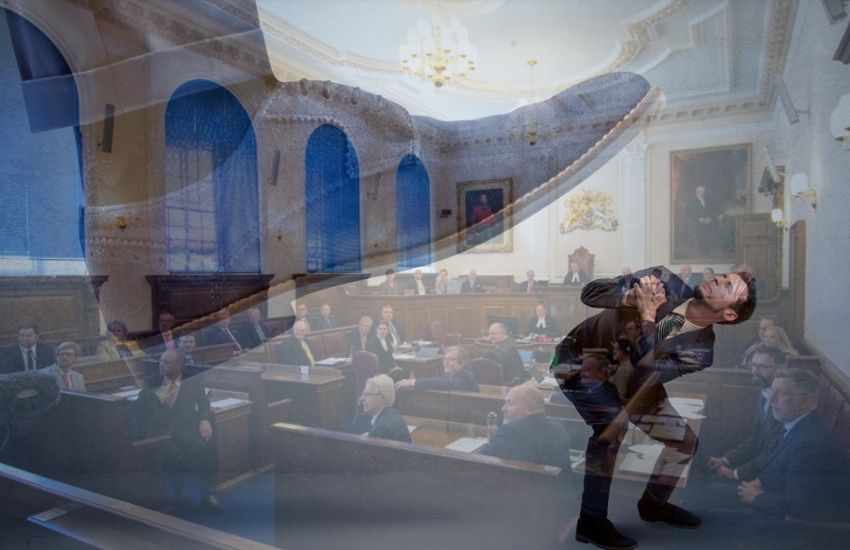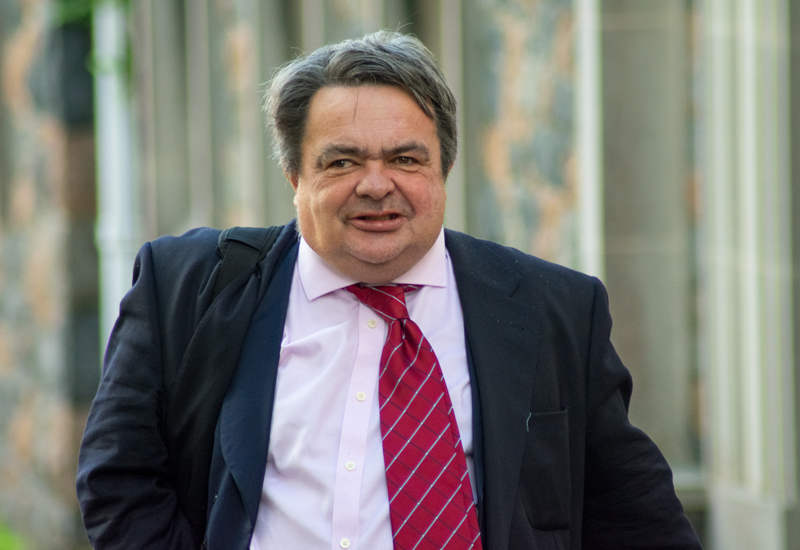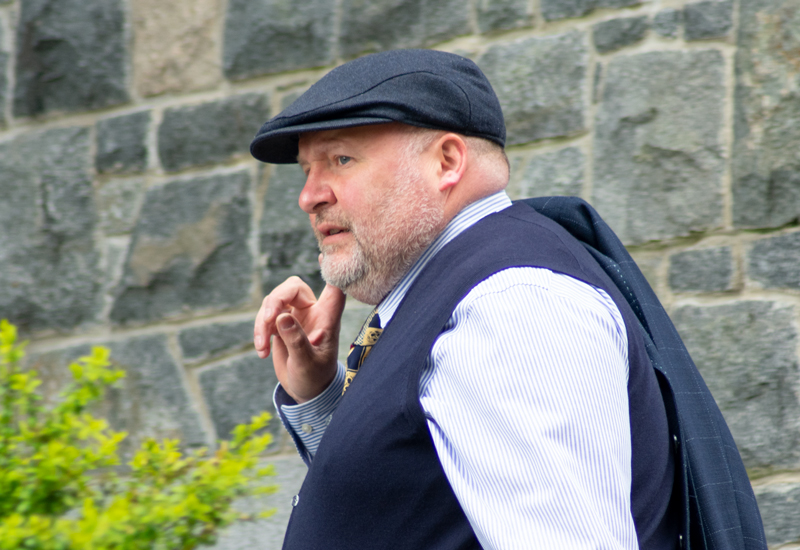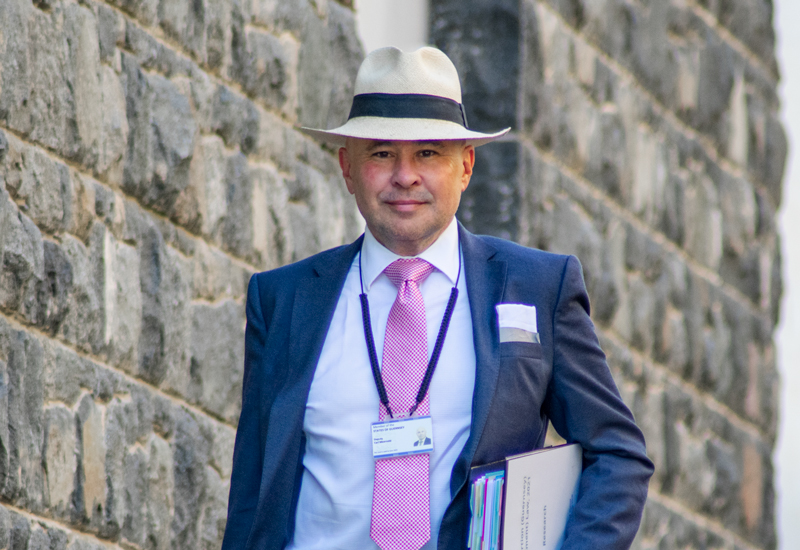


The longest-serving deputy has claimed that there is “bullying” and “suppression of minority voices” in the current States’ Assembly.
Deputy John Gollop, who has been a member of the States since 1997, said yesterday that such behaviour was not unknown in the past but had increased significantly in this States’ term.
He told a meeting of the States’ Assembly & Constitution Committee that “there is bullying going on in this Assembly to stop some members speaking”.
“It is about suppression of minority voices,” said Deputy Gollop.
“It is much more common now for members to try to use the rules of procedure to cancel opinions they don’t want to hear.
“It’s government suppressing opposition as a political tool. Ok, we’re all members of government, but we’re beginning to import into our culture more partisanship.”

Pictured: Deputy John Gollop is serving in his seventh consecutive States' Assembly and by the end of this term he will have been a deputy for 28 years.
Deputy Gollop was speaking in a discussion about whether to propose changes to the so-called guillotine rule in the Assembly, which allows a majority of States’ members to vote to end a debate.
“You’re getting majority suppression of the minority,” he said, adding that a vote on a guillotine motion could be, for example, “21-18 – and then the 18 are suppressed”.
Deputy Simon Fairclough felt that voting patterns on guillotine motions were often quite predictable.
“There appear to be some members who always vote to cut short debate and others more principled – or call it what you will – who almost never vote for a guillotine,” said Deputy Fairclough.
“It has not reduced the length of States’ debates – so why is it being used?
“The biggest frustration for me is that there could be a point yet to be made which could provide real insight on what is being debated.”

Pictured: Deputy Simon Fairclough said he was frustrated by how often debates in the States were cut short by a small majority of members.
The Committee’s officials advised that voting records showed that guillotine motions were generally more likely to be carried in the current Assembly than in previous Assemblies.
Some members of the Committee, including its Vice-President, Deputy Lester Queripel, suggested that States’ members who had already spoken in a debate should not be allowed to vote on a motion to guillotine the same debate.
Deputy Gollop was concerned that such a change would make guillotine motions more likely to succeed because he felt that members who had already spoken in a debate were more likely to favour allowing free debate as a matter of principle.

Pictured: Deputy Carl Meerveld, the President of the States' Assembly & Constitution Committee, the only States' committee which has committed to holding its discussions openly with the media invited to be present.
The Committee also discussed other potential amendments to the rules on guillotine motions, including whether to allow them only after a debate had been running for longer than two hours or once at least 10 members had spoken or to reintroduce a previous rule which required a two-thirds majority – rather than a simple majority – for guillotine motions to be carried.
Deputy Liam McKenna is also a member of the Committee and was present throughout discussion of the guillotine rules.
At the end of the discussion, the Committee’s President, Deputy Carl Meerveld, suggested that at this stage the Committee did not have a clear view on whether to propose rule changes and proposed consulting other States’ members before deciding whether to recommend changes. His Committee unanimously agreed with his proposal.
Comments
Comments on this story express the views of the commentator only, not Bailiwick Publishing. We are unable to guarantee the accuracy of any of those comments.